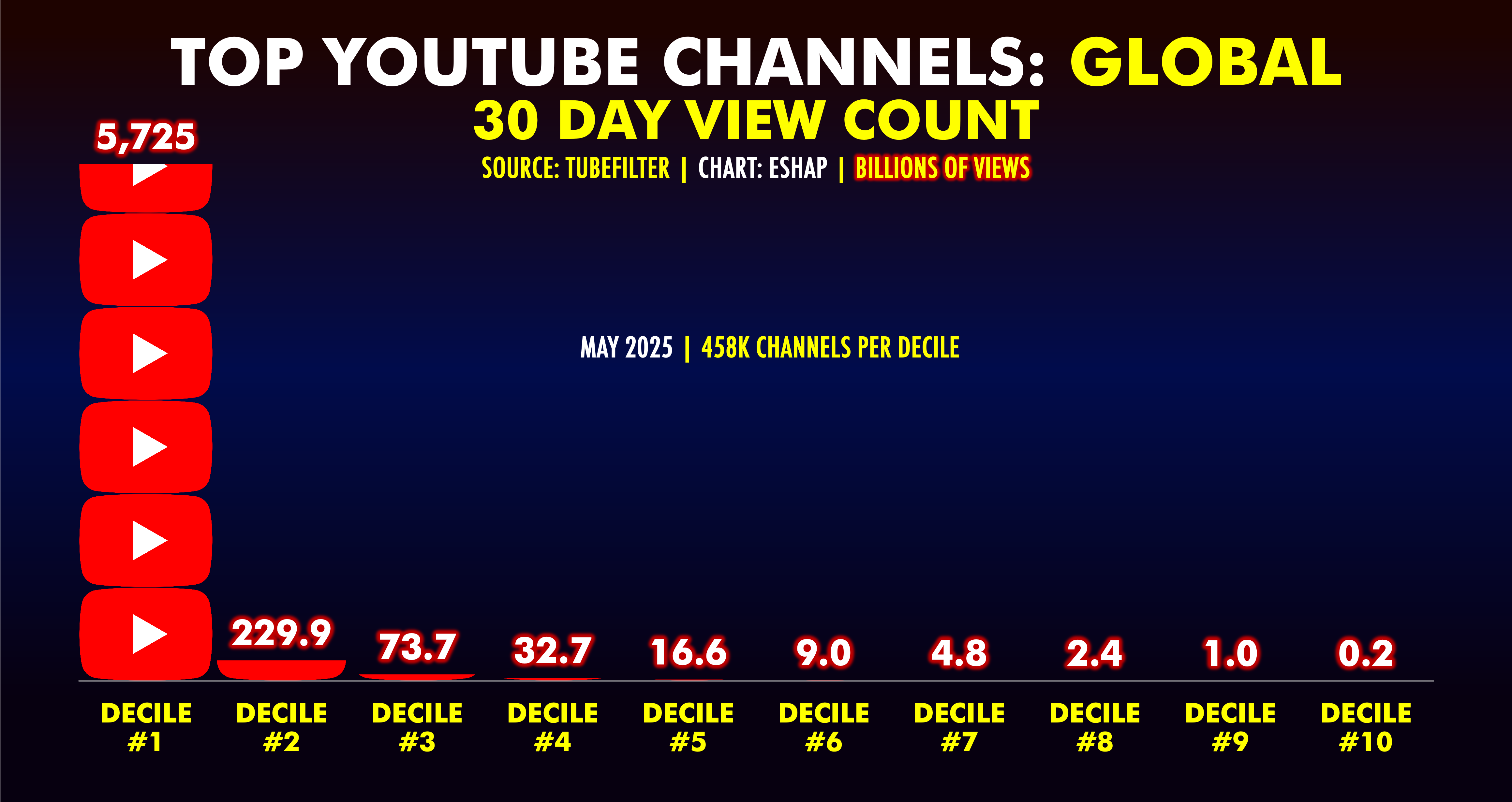Single-Player Games Dominate: Global Survey Reveals Surprising Data

In an era dominated by headlines about blockbuster multiplayer hits and evolving live-service titles, a comprehensive new study reveals a powerful truth about the heart of the gaming community: the love for single-player experiences is stronger than ever. A recent global survey from the research firm Ampere Analysis indicates that a clear majority of gamers, 56% to be exact, prefer single-player games over their multiplayer counterparts.
The findings challenge the long-held narrative that solo gaming is a fading art form. The large-scale survey, which gathered responses from over 34,000 players across 22 different international markets, provides a definitive look at modern player preferences. Perhaps most tellingly, the data shows that interest in single-player titles has actually grown, reportedly increasing by 4% over the last four years. This trend suggests that as the industry expands, the core appeal of a well-crafted, self-paced adventure remains a cornerstone of the interactive entertainment landscape.
A Deeper Look at the Data
The results from Ampere Analysis paint a clear picture of a global gaming audience that deeply values solo experiences. The preference isn't a slight margin but a decisive majority, signaling to developers and publishers that a significant portion of their potential market is eager for immersive, narrative-driven content.
This preference for solo play cuts through the noise of the massive live-service market, which often focuses on player-versus-player competition, seasonal content, and social engagement. While those games command huge audiences, this data confirms they don't represent the entire spectrum of player desire. The 4% growth in interest over a four-year period is particularly noteworthy, as it coincides with the launch of some of the industry's biggest and most successful live-service titles. Instead of cannibalizing the single-player audience, the market's expansion appears to have solidified the desire for varied gaming experiences.
The Enduring Appeal of the Solo Journey
So, why do single-player games continue to hold such a powerful appeal? The reasons are as diverse as the players themselves, but they often boil down to a few key elements that multiplayer titles can struggle to replicate.
- Immersive Storytelling: Single-player games are the ultimate medium for deep, authored narratives. Players can lose themselves in rich worlds, connect with complex characters, and experience a story at their own pace without interruption.
- Freedom and Pacing: There is no pressure to "keep up" with a meta, compete on a leaderboard, or schedule time with friends. A solo game waits for you. Players can explore every corner of a map, spend hours customizing their character, or simply pause to take in the view.
- A Relaxing Escape: For many, gaming is a way to unwind and de-stress. The often-competitive and high-pressure environment of online multiplayer can be the opposite of relaxing. A single-player adventure offers a controlled and often calming form of escapism.
- Creative Vision: These games are frequently the product of a singular creative vision, allowing for unique art styles, experimental gameplay mechanics, and stories that challenge and move the player in profound ways.
The continued success of critically acclaimed, sprawling single-player adventures in recent years serves as a real-world testament to these points. Gamers consistently show up in massive numbers for titles that promise a memorable world and a compelling personal journey.
Demographics and Regional Trends
The Ampere Analysis report also sheds light on who prefers single-player games. One of the most interesting findings is a correlation between age and gaming preference. The survey indicates that the inclination towards single-player experiences tends to increase with age. This suggests that as players get older, they may place a higher value on narrative depth and self-paced gameplay over the fast-paced, competitive nature of many online titles.
Furthermore, the preference is not uniform across the globe but shows distinct strength in key markets. The United States and the United Kingdom were specifically highlighted as regions where the preference for single-player gaming is particularly strong. This is crucial market intelligence for developers looking to tailor their content for Western audiences.
What This Means for the Future of Gaming
The declaration that "single-player is dead," a recurring claim over the past decade, has been definitively proven false. This data provides quantitative evidence that developers who invest in high-quality single-player campaigns and experiences are serving a massive and dedicated audience.
This doesn't signal the end of multiplayer gaming, but rather emphasizes the need for a balanced industry. The most successful publishers will likely be those who maintain a diverse portfolio, creating excellent live-service titles alongside unforgettable single-player adventures. It validates the strategies of studios that have continued to champion narrative-driven design, proving that there is immense commercial and critical success to be found in crafting worlds meant for one.
Ultimately, the message to the industry is clear: reports of the single-player gamer's demise have been greatly exaggerated. This audience is not a niche demographic; it is the majority, and it is here to stay.
Frequently Asked Questions (FAQ)
What did the Ampere Analysis survey find?
The survey found that 56% of gamers worldwide prefer single-player games over multiplayer ones. The research included responses from over 34,000 players across 22 different markets.
Is interest in single-player games growing?
Yes. According to the report, interest in single-player experiences has increased by approximately 4% over the past four years, a period of significant growth for the multiplayer and live-service genres.
Does age affect gaming preferences?
The findings suggest a correlation between age and a preference for single-player games. As players get older, they are more likely to prefer solo gaming experiences.